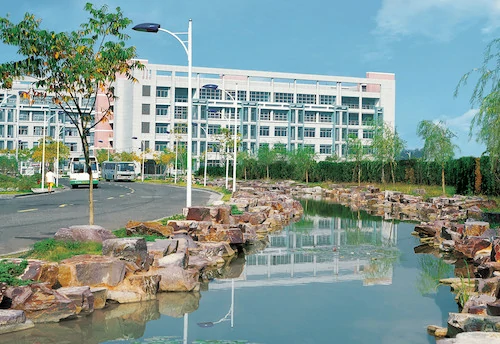
Dear International students, we invite you to apply to Hangzhou Normal University. Founded in 1908, it’s a well-respected institution. Located in the beautiful city of Hangzhou, the university offers ...

Hello, future international students! Congratulations on your acceptance to study in China! As you prepare for this exciting journey, we’ve put together a helpful guide to make your pre-a...

0 Tuition & 0 Dorm Located in China's "Porcelain Capital" - Jingdezhen City, Jiangxi Province, this university is a prestigious institution specializing in ceramic arts, design and related fields...

How does Students under 18 Apply to Study in China? Many agents have asked us whether students under 18 can study in China. The answer is yes. We know many students graduate at 16 or 17 and don’t ...
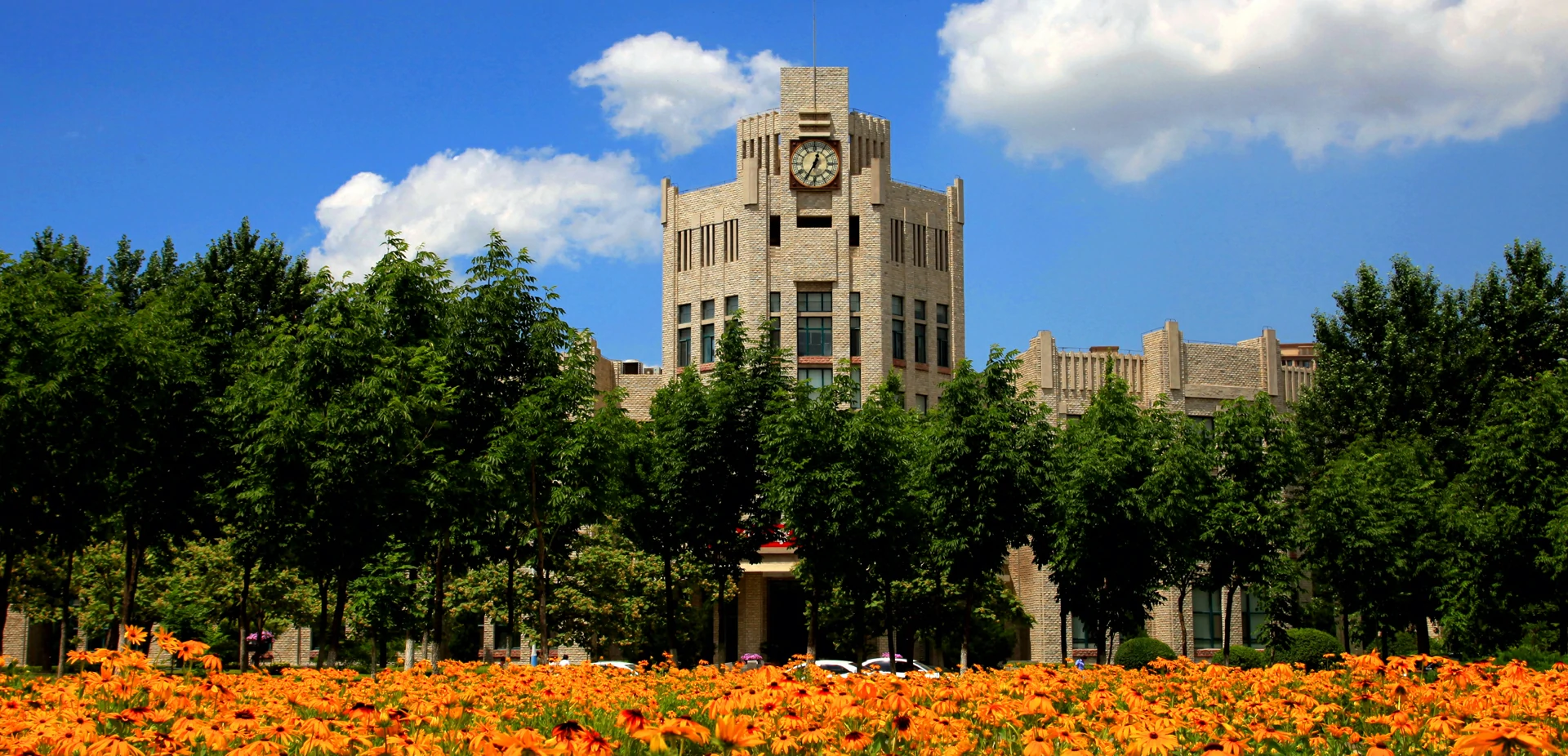
How is this university? World-Class Academics 🏆 Double First-Class Initiative University 🎖️ Key Institution of the 211 Project Vibrant Campus Life 🏛️ Historic Campus with modern smart cla...
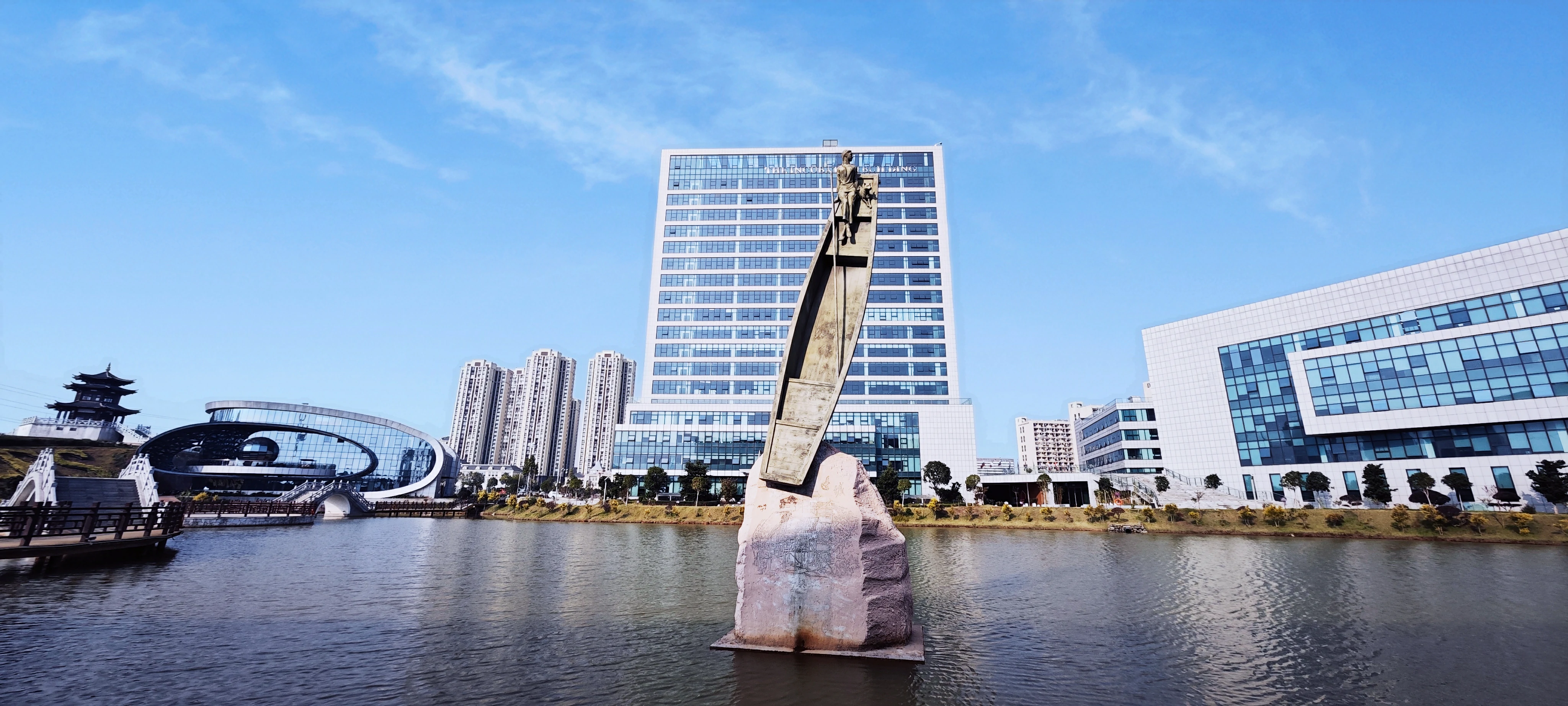
Why Choose? ✔ Vibrant Location: Study in Changsha – a city of innovation, spicy Hunan cuisine, and rich culture. ✔ Affordable Education: High-quality vocational education, with affordable...
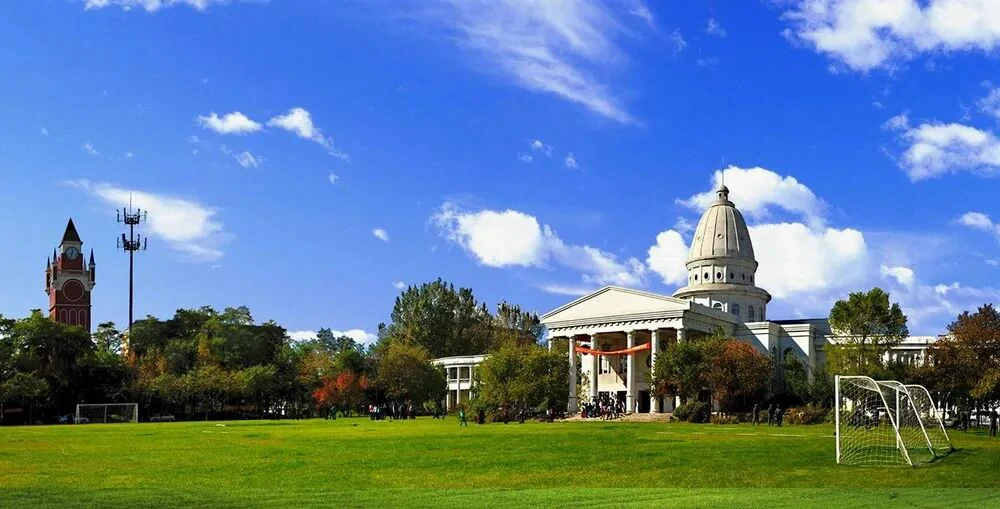
The university is located in Shenyang, an awesome city in Northeast China. Here, modern education meets a vibrant campus culture. You'll be taught by really friendly professors, study with clas...
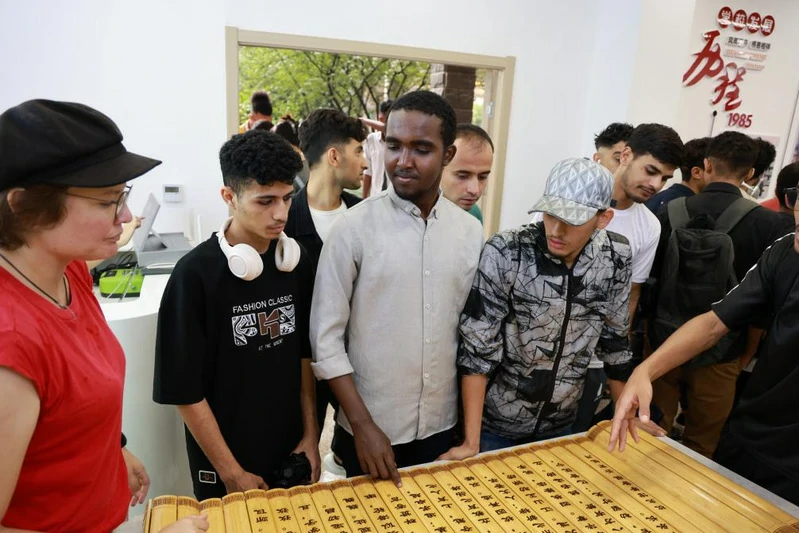
How is this university? 🏠 Location & Environment This university is located in Jingmen City. Affordable living costs in a safe, student-friendly city. 🌈 Excellent Study Environment I...
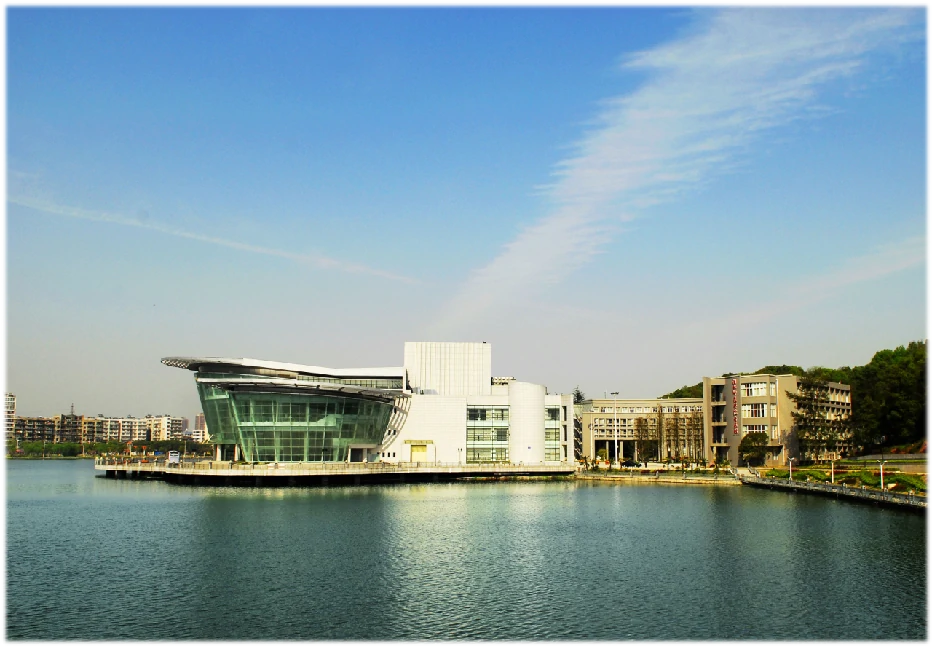
Why this university? ✔ Strong teaching capabilities · Top teacher education university in Hubei Province, a cooperative institution of Confucius Institute ✔ Stunning Lakeside Campus &midd...

1+4 Bachelor: Vietnam & Thailand & Indonesia The university is located in Hangzhou, capital of Zhejiang Province, one of the most developed area of China. Hangzhou is known for its ...

